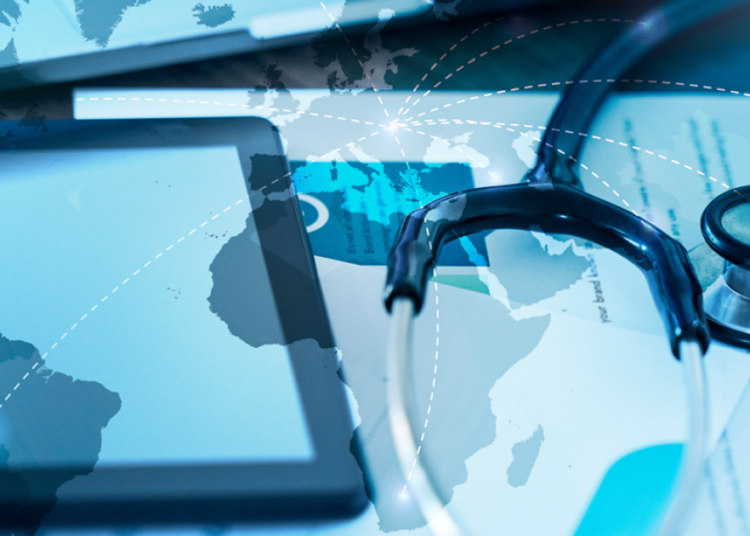In Nigeria, there are many people and different kinds of social-economic situations. This country has a lot problems with public health, especially in handling diseases that can spread quickly. The repeated occurrences of malaria, Lassa fever, and now COVID-19 outbreaks highlight the strong importance for strong strategies in public health. Amongst all methods we have access to manage these issues with effectiveness; data analytics is a notable tool which improves disease monitoring, enhances outbreak forecasting and makes response actions more efficient.
The article talks about how data analytics can help to fight against outbreaks of infectious diseases in Nigeria, and it also shows the difficulties and chances that are part of using this method.
Data analytics has transformed public health in many ways. It helps with better decision-making and focused interventions. When we look at the control of infectious diseases, data analytics allows for:
– Disease Surveillance and Monitoring;By gathering and examining health data from different places, health authorities could observe disease patterns instantly. This aids in identifying outbreaks early on and rapidly distributing resources.
– Outbreak Prediction:Predicting analytics, using machine learning and AI, could forecast possible outbreaks by analyzing past data and present patterns. For instance, models that study climate information, people’s movements and earlier infection rates may forecast the chance of a malaria outbreak in certain locations.
– Resource Allocation and Response:Public health officials can use data about infection rate, resources available and healthcare infrastructure to distribute medical supplies, personnel and funds where they are needed most during an outbreak.
To perform powerful data analytics in public health, we need multiple sources and instruments for the data:
Data Sources:
● District Health Information System (DHIS2): DHIS2 is a popular choice in Nigeria as it serves to gather health data from district-level health facilities into one central system.
● Nigeria Centre for Disease Control (NCDC): The NCDC gives continuous data about sickness eruptions, which is very important for keeping track and responding to them.
● Databases of World Health Organization (WHO): The databases of WHO provide international and country-based health information, these are very useful for comparative study.
Analytical Tools:
● Python and R: These coding languages are widely used because they have many libraries to assist with data analysis, statistical modeling, and machine learning.
● Tableau and Power BI: Public health analysts can use these visualization tools to make interactive control boards that help in conveying crucial understandings to policymakers and those involved.
● Geospatial Analysis Tools: To map disease outbreaks and study the distribution of infectious diseases, tools such as ArcGIS are crucial.
Challenges in Data Analytics for Public Health in Nigeria
Even though data analytics has great potential, the use of it in public health for Nigeria encounters difficulties such as:
Data Quality and Availability: The inconsistent methods used to gather data, missing information in reported data and difficulties with real-time data access all reduce the power of analytics. In addition, the separation of data among various health systems and groups makes it harder to create complete sets of information.
Integration of AI and Machine Learning:Adding AI-powered prediction models could boost the precision of forecasting outbreaks and enable more preemptory actions. Algorithms for machine learning might help in recognizing patterns within extensive data sets that could be overlooked by conventional analysis methods.
Mobile Health (mHealth) and Electronic Health Records (EHRs):- Another way to enhance data gathering is by using mHealth technologies. In areas far from cities, where internet connections are weak or absent, mobile phones can be employed as powerful devices for collecting health data. If EHRs are completely put into action, they have the potential to provide a continuous and longitudinal patient health record that could boost the quality and comprehensiveness of health information for analysis.
Capacity Building and Training:Public health professionals need to improve their data literacy and analytical abilities through training programs. Work with academic institutions and international groups could assist in developing regional skills in data science and public health informatics.
Policy Implications and Recommendations
To use data analytics effectively in Nigeria for fighting infectious diseases, these important actions by policymakers are necessary.
Support for Data Infrastructure:Invest in data infrastructure, such as internet access expansion, deploying modern tools for data collection and integrating health information systems.
Establishment of Data Governance Frameworks: Making the rules and measures for gathering, giving, and using data clear will make sure of good quality of data and keep patient details secure. The frameworks of data governing must also handle matters about who owns the data and how to access it.
Promotion of Cross-Sector Collaboration: Promote teamwork among government bodies, healthcare providers, educational establishments and private sector groups to spur innovation and encourage using data-focused methods in public health.
Public Awareness and Engagement:Making public understand the good things about data analytics in health can enhance sharing of data and involvement in health programs. Campaigns for public awareness must include topics of privacy worries and moral utilization of health information.
In conclusion data analytics has great potential to change public health in Nigeria, especially when dealing with infectious diseases. By using data, officials can make better decisions, react faster and ultimately save lives.
– Igho, writes from 13, Sunrise Avenue, Kubwa, Abuja





